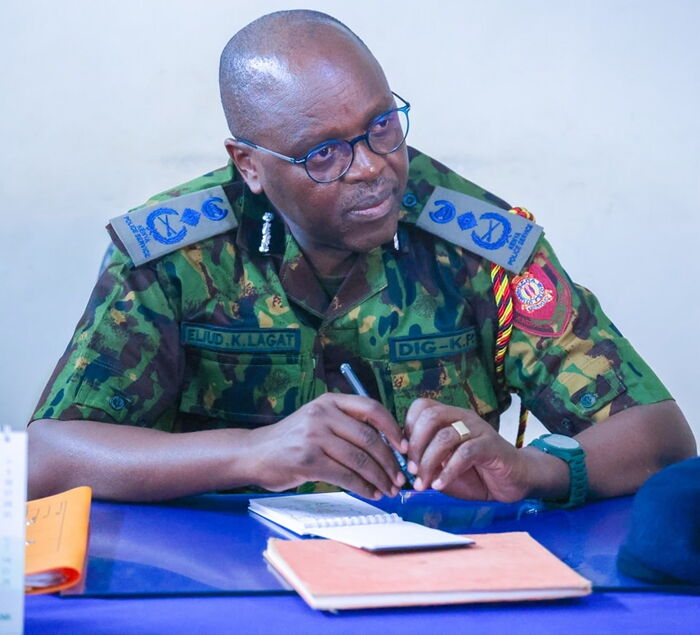The High Court will on October 3 determine whether it has jurisdiction to hear a petition challenging the decision by Deputy Inspector General (DIG) Eliud Lagat to step aside following the controversial death of blogger Albert Ojwang.
The petition, filed by activist Eliud Matindi, questions the legality and constitutionality of Lagat’s move, made in June 2025 as investigations into Ojwang’s death intensified. In a public statement, Lagat had said the decision to step aside was in “good and conscious thought” of the public interest and the weight of his office.
“I have today opted to step aside from the office of the Deputy Inspector General – Kenya Police Service pending completion of investigations,” he announced. Lagat also delegated his duties to his principal assistant, Patrick Tito, who assumed the role in an acting capacity.
During Thursday’s court session, however, lawyers representing Lagat and the National Police Service Commission (NPSC) argued that the High Court lacks the jurisdiction to entertain the matter. Lawyer Cecil Miller, appearing for Lagat, said the case pertains to internal employment matters and should be heard by the Employment and Labour Relations Court (ELRC).
“What is before you as a petition is an issue relating to employment and internal decisions within the police. We therefore submit that this court lacks jurisdiction,” Miller stated. He further clarified that Lagat had merely applied for leave, which was granted by his employer, and had not resigned.
NPSC’s representative, Ms. Rwenji, echoed this position, saying the delegation of duties was lawful and did not raise constitutional issues.
However, petitioner Matindi urged the court to dismiss the preliminary objection, arguing that the High Court is competent to hear the case. He termed the jurisdictional challenge a delay tactic lacking substantive merit.
Justice Chacha Mwita will now decide whether the case will proceed before the High Court or be transferred to the ELRC.
The case remains significant due to its implications for accountability and leadership within the National Police Service, especially amid growing public scrutiny over police conduct and transparency.

